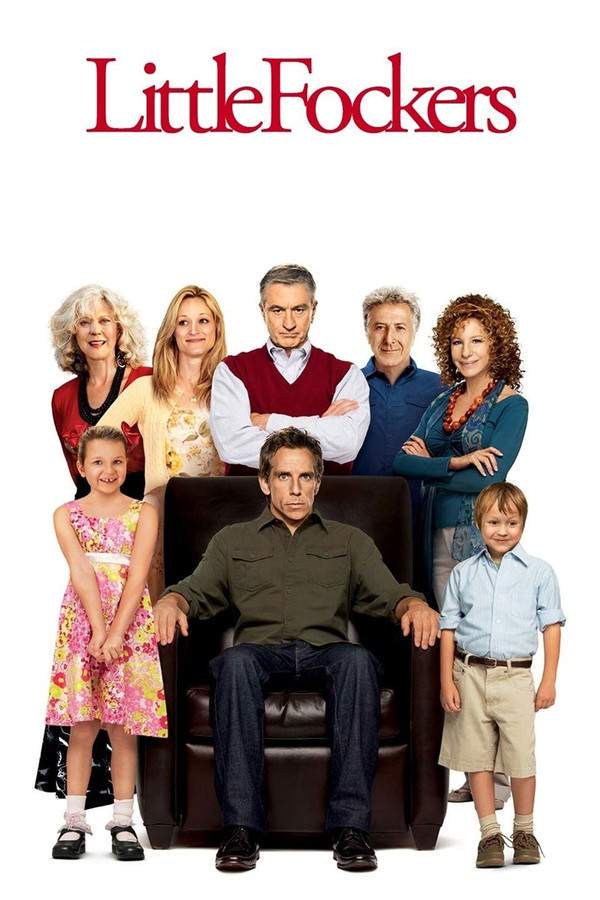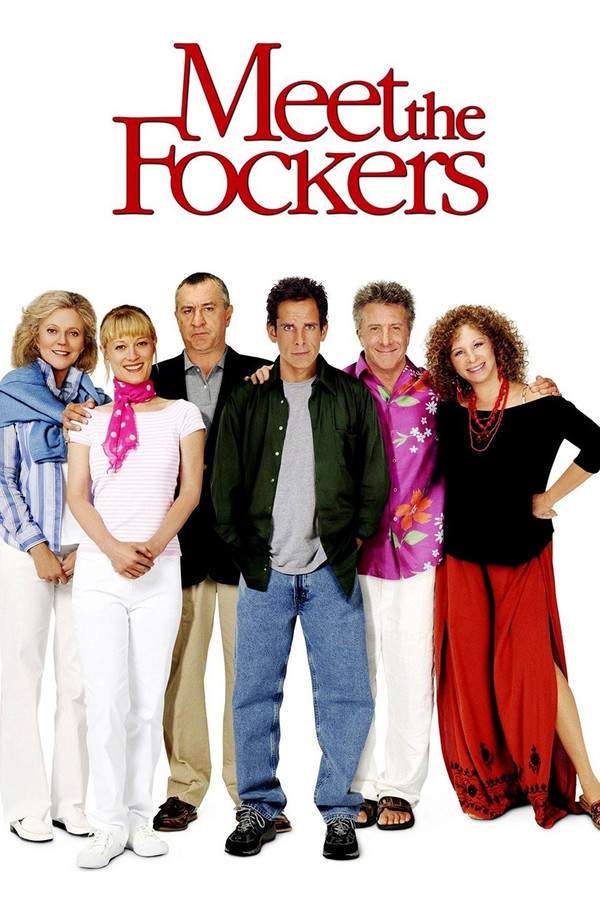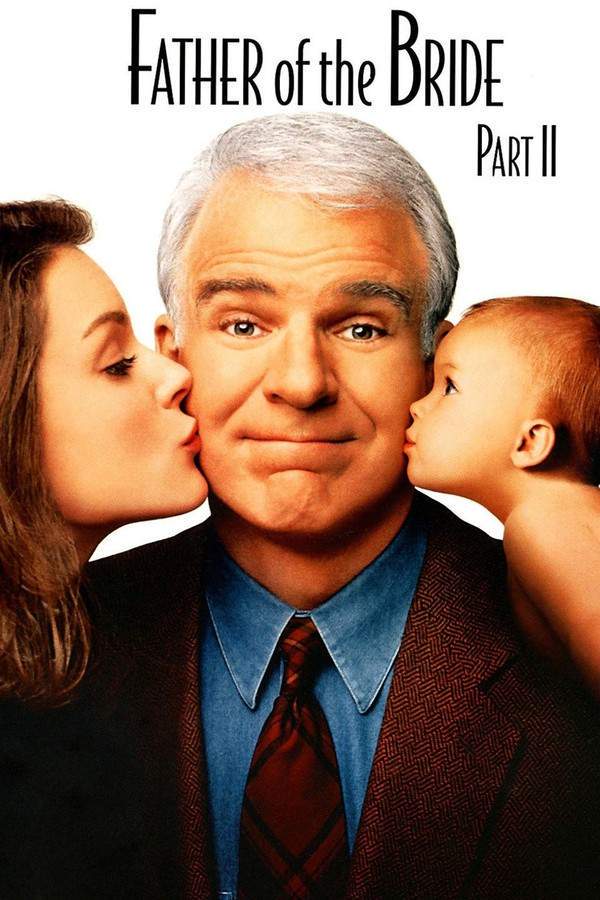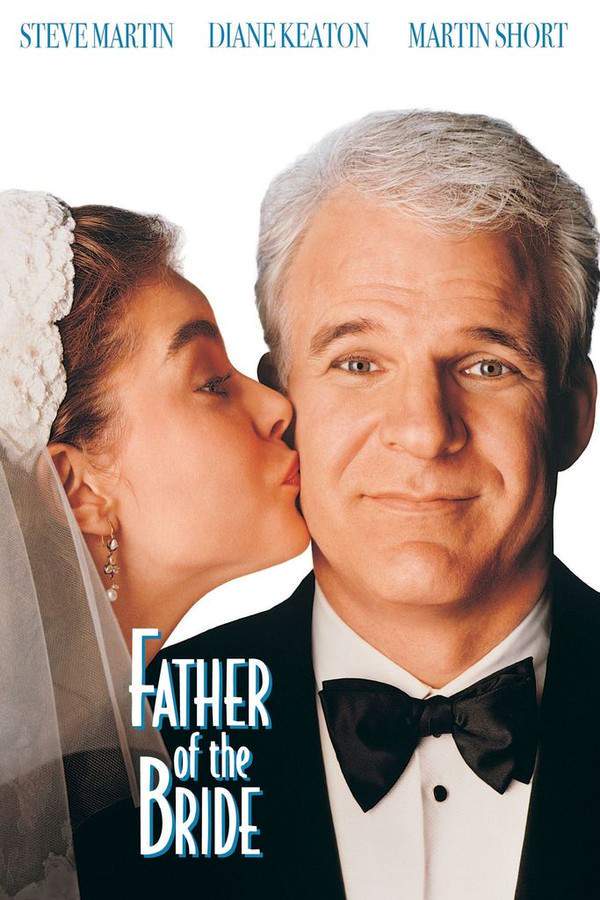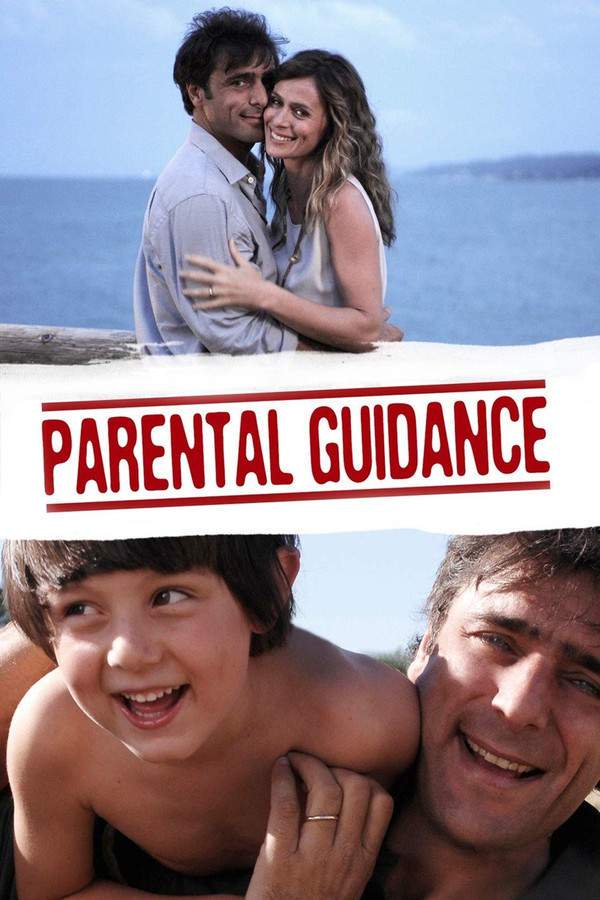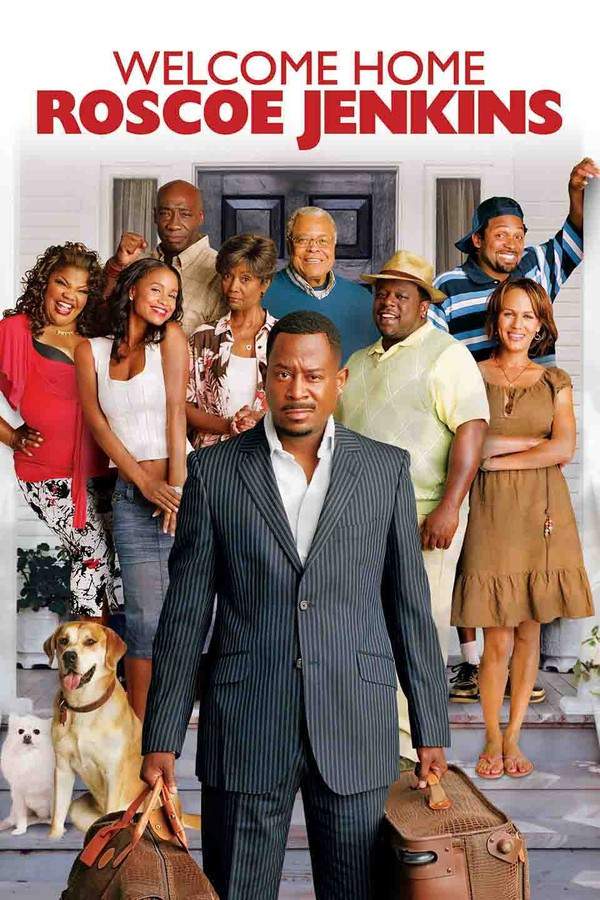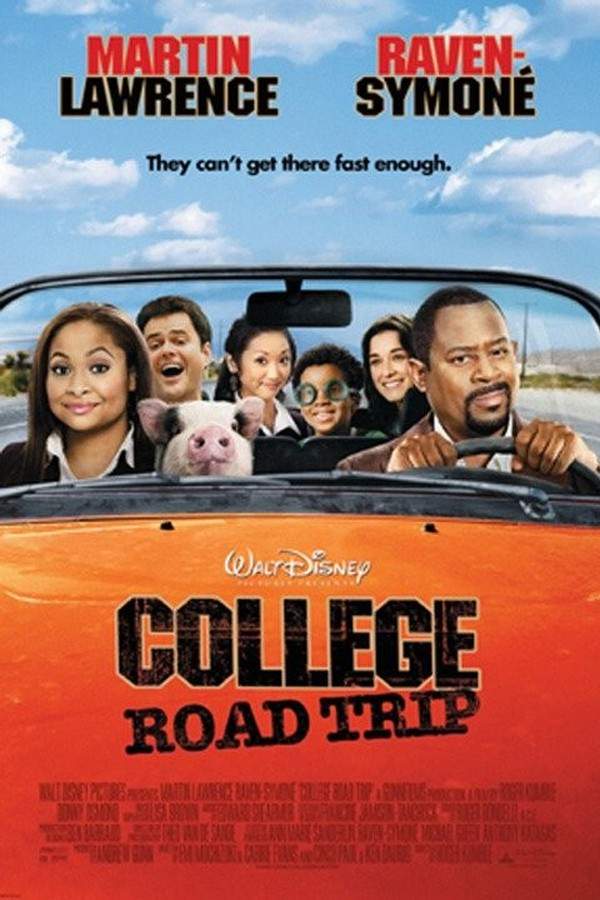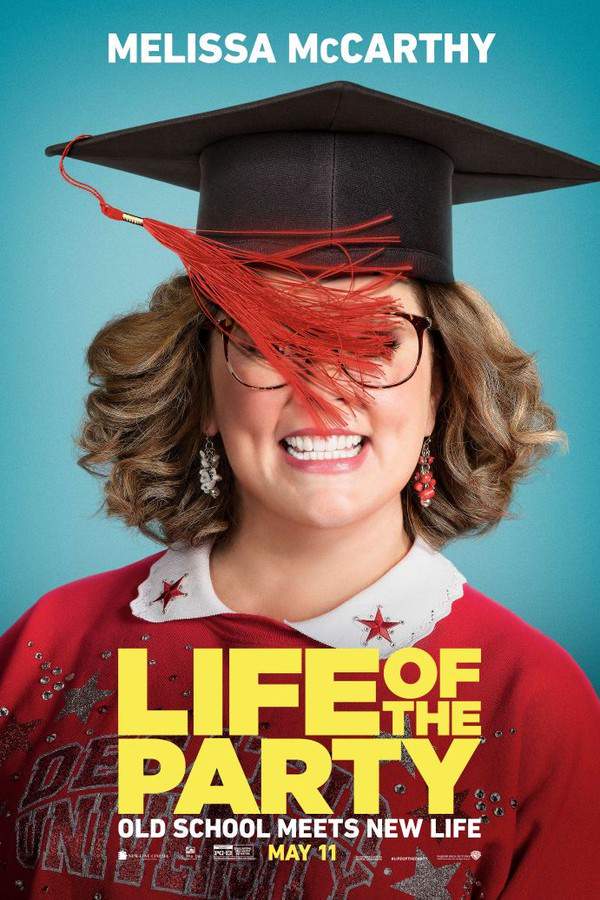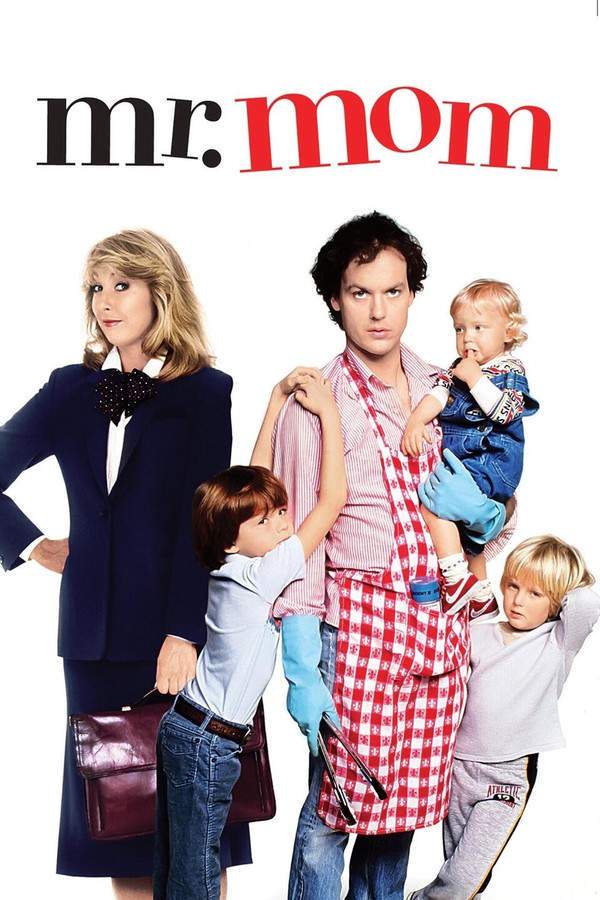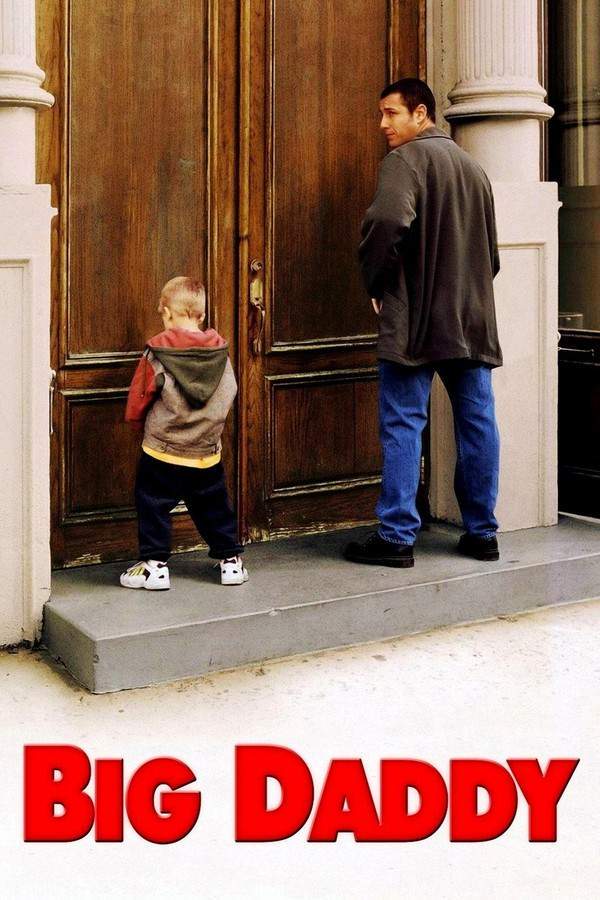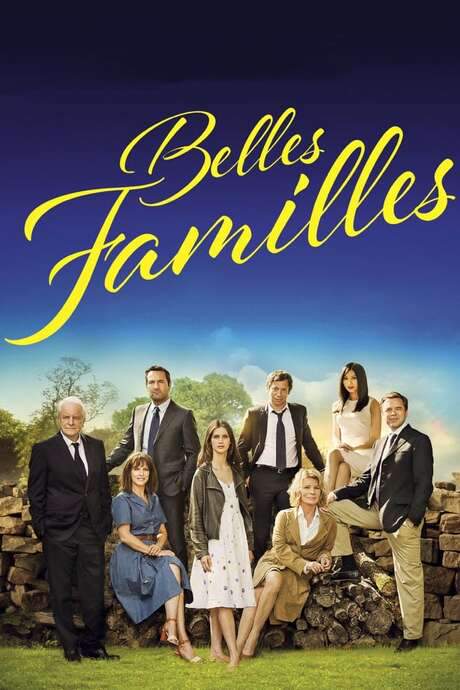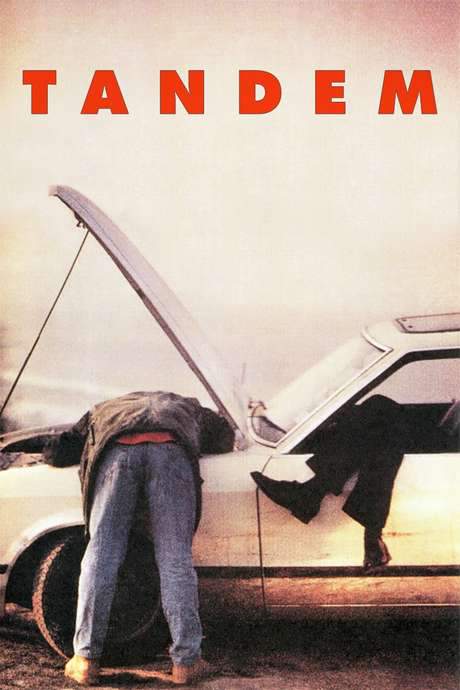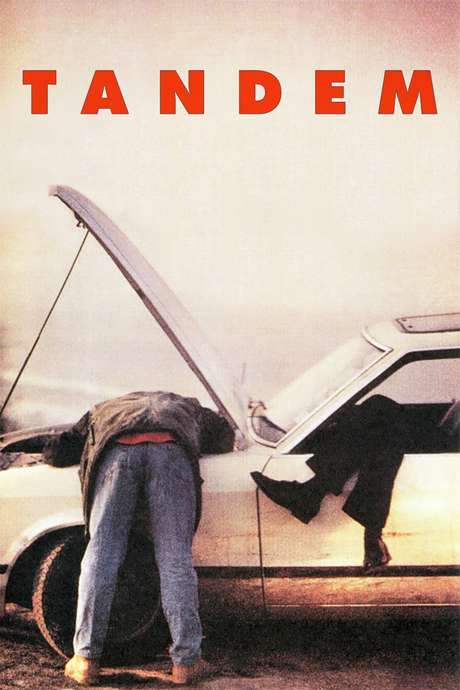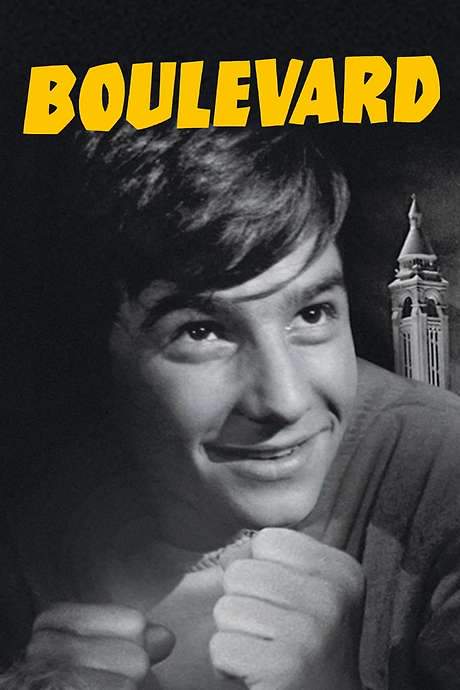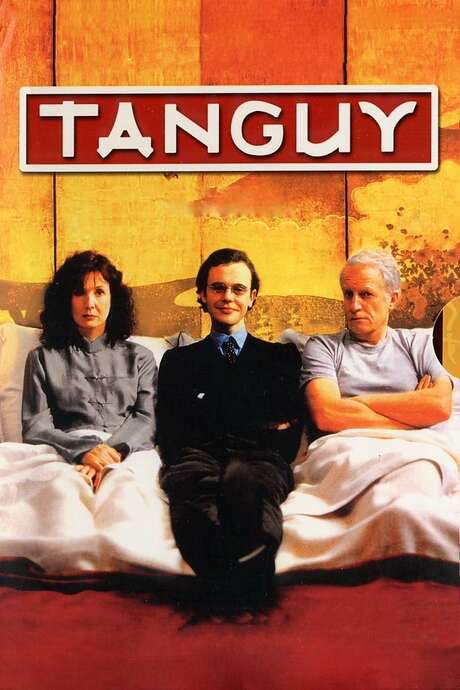
Tanguy
Year: 2001
Runtime: 108 mins
Language: French
Director: Étienne Chatiliez
At 28, he still lives with his parents Tanguy is 28 years old and still living with his parents. They think it’s time he moves out. He doesn’t, so they hatch a plan.
Warning: spoilers below!
Haven’t seen Tanguy yet? This summary contains major spoilers. Bookmark the page, watch the movie, and come back for the full breakdown. If you're ready, scroll on and relive the story!
Tanguy (2001) – Full Plot Summary & Ending Explained
Read the complete plot breakdown of Tanguy (2001), including all key story events, major twists, and the ending explained in detail. Discover what really happened—and what it all means.
At the birth of Tanguy, his mother Édith Guetz murmurs a paradoxical blessing: “You’re so cute, if you want, you can stay at home your whole life.” The line sets the tone for a comedy of manners that centers on a grown man who remains stubbornly attached to the family nest. This delicate, almost affectionate tension runs through the film as [Tanguy] grows into a 28-year-old man who is highly accomplished on paper—Poitiers-educated, a Sciences Po graduate, a former ENS Ulm student, a teacher at INALCO, fluent in Chinese and Japanese, and deeply immersed in a scholarly project about subjectivity in ancient China. Yet despite all his credentials, he chooses to live with his parents, insisting that they are “intelligent, open-minded, generous, who let me do whatever I enjoy.” The result is a comic, revealing study of dependence, affection, and the stubborn pull of home.
From the start, Paul Guetz and Édith Guetz play their parts with a blend of exasperation and care as they watch their son drift toward adulthood without leaving the family’s orbit. Their irritation grows as [Tanguy] delays his thesis by another year, even as his remarkable talents promise a self-sufficient future. The tension deepens when Edith, who often seeks counsel from a psychiatrist, confides unsettling dreams about harming or mutilating her son—an odd, unsettling glimpse into a parent’s fear and the fragile line between protection and control.
To prod him toward independence, the parents deploy a series of escalating tactics that feel both petty and pointed. Clothes go missing or are discarded, a bathroom threshold bar is secretly removed so he slips, spoiled food is hidden to make his room reek, and the office space is commandeered so he must work from a cramped, less comfortable corner. Noise, sudden blackouts, and other small aggressive acts interrupt his writing and research. All the while [Tanguy] asserts that he finds real daily happiness at home, even in his grandmother’s presence, which he relays in a quiet, almost philosophical way that contrasts with his parents’ frantic attempts to push him out.
The plot intensifies as the parents extend their push into every corner of his life. [Paul Guetz] pretends to suffer from insomnia and drags himself into late-night conversations with his son, while Edith intervenes in [Tanguy]’s love life, making his partners think he’s a Don Juan and even ending the relationship with Marguerite, whom he had hoped to live with. Yet [Tanguy] does not retreat with anger; instead, he quietly thanks his mother for steering him away from a relationship he deemed risky to his ambitions. It’s a strange, almost tender dynamic that reveals a childlike dependency dressed in adult philosophical talk.
A turning point arrives when [Paul Guetz] agrees to fund an apartment for his son, a small victory that briefly promises the possibility of genuine independence. [Tanguy] moves to a flat in the Asian quarter of the 13th arrondissement, but the illusion of freedom proves fragile. Night after night, panic and anxiety grip him, landing him in the hospital, and Edith, in a moment of maternal compassion, invites him back into the family home. The household then shifts into a new form of order—one that feels almost militaristic. The rules are rigid, and [Tanguy] must conform to a strict code of conduct, including tidying his room, refraining from talking back, and accepting the parental oversight that Gwyneth Paltrow would call “the gentle tyranny of home.”
As [Tanguy] begins tutoring a student for a prestigious exam and relies on his research grant and private lessons to supplement his income, the parents once again feel the sting of reality when they discover he earns around 25,000 francs a month. They expel him from the house, and he fights back with legal means, invoking Article 203 of the Civil Code, which asserts that parents have responsibilities toward their children. The courtroom victory is less about money than about reclaiming a sense of dignity and autonomy, a minor triumph in a larger tug-of-war between generations.
Back at home, the conflict explodes anew. Paul’s voice can be heard echoing through the walls as he shouts, while [Tanguy] stays calm, countering with quiet wit and a reservoir of Chinese proverbs that reveal a different form of power—one rooted in patience and restraint. The family revises the son’s room into a nursery as a cruel, humiliating joke, and Edith even participates in one of [Tanguy]’s classes, going so far as to sleep with a student in a moment of morally tangled humor. Despite every provocation, [Tanguy] forgives his mother, a testament to his stubborn, forgiving love.
The conflict peaks when Paul, at his wits’ end, brings in thugs to “beat up” his son, only to learn that [Tanguy] has left for good, leaving behind a letter that expresses gratitude in a way that softens even the hardest heart. The emotional toll is heavy: Odile, Paul’s mother, suffers a fall in the bathroom and endures months of rehabilitation, reminding the family of the weight of obligation, as she urges them to remember their Civil Code responsibilities toward the elderly (Article 205).
Months pass, and a new letter arrives from [Tanguy], inviting his parents to visit him in Beijing, where he has married a Chinese woman and is expecting a child. The living arrangements of the Chinese family—multi-generational under one roof—make Odile reflect on the value of responsibility and interdependence, offering a final, quiet rebuke to the earlier battles. The closing line lands with a sharp, hopeful observation: in a family where generations share a home and a future, there is a sense of duty and togetherness that makes the earlier struggle seem almost worthwhile.
This film blends humor with a sincere look at the complexities of adulthood, family, and the desire for independence. It plays with the tension between affection and control, showing how love can sometimes look like a struggle to define boundaries. It is a story about growing up, even when the world keeps pulling you back to the place you started, and it ends with the promise that family, in all its imperfect forms, remains a potent, enduring force.
Last Updated: October 09, 2025 at 15:28
Explore Movie Threads
Discover curated groups of movies connected by mood, themes, and story style. Browse collections built around emotion, atmosphere, and narrative focus to easily find films that match what you feel like watching right now.
Domestic comedies about family anxiety like Tanguy
Funny stories about the peculiar tensions of family life and independence.Looking for movies like Tanguy? This list features witty comedies that explore the gentle tensions and humorous conflicts within families. If you enjoyed the satirical look at parents and adult children navigating independence and codependency, you'll find similar stories here.
Narrative Summary
The narrative follows a central, often absurd, conflict within a family unit, typically involving a clash of wills over lifestyle, independence, or control. The story unfolds through a series of escalating, comedic schemes or misunderstandings, building toward a resolution that reaffirms familial bonds despite the chaos.
Why These Movies?
These movies are grouped together because they share a LIGHT tone and MEDIUM intensity, using humor to explore domestic friction. They balance warmth and frustration, creating a comedic yet relatable portrait of family life where the emotional stakes feel real but are never overwhelming.
Movies about adult children living at home like Tanguy
Amusing tales about adult children navigating the difficult leap to independence.If you liked Tanguy's premise of a grown son refusing to move out, explore these films about late bloomers and the comedic struggles of gaining independence. These stories share a STEADY pace and a HAPPY ending, finding humor in the awkward transition to adulthood.
Narrative Summary
The plot revolves around a sympathetic yet frustrating protagonist who is comfortably, or dysfunctionally, entrenched in their parents' home. The central conflict is triggered by the parents' concerted efforts to evict their adult child, leading to a comedic battle of wits that ultimately pushes the protagonist toward a necessary, if belated, coming of age.
Why These Movies?
These films share a very specific character archetype and plot structure. They explore themes of codependency and generational conflict through a straightforward, character-driven narrative with a light emotional weight and a reliably humorous, positive resolution.
Unlock the Full Story of Tanguy
Don't stop at just watching — explore Tanguy in full detail. From the complete plot summary and scene-by-scene timeline to character breakdowns, thematic analysis, and a deep dive into the ending — every page helps you truly understand what Tanguy is all about. Plus, discover what's next after the movie.
Tanguy Timeline
Track the full timeline of Tanguy with every major event arranged chronologically. Perfect for decoding non-linear storytelling, flashbacks, or parallel narratives with a clear scene-by-scene breakdown.

Characters, Settings & Themes in Tanguy
Discover the characters, locations, and core themes that shape Tanguy. Get insights into symbolic elements, setting significance, and deeper narrative meaning — ideal for thematic analysis and movie breakdowns.

Tanguy Spoiler-Free Summary
Get a quick, spoiler-free overview of Tanguy that covers the main plot points and key details without revealing any major twists or spoilers. Perfect for those who want to know what to expect before diving in.

More About Tanguy
Visit What's After the Movie to explore more about Tanguy: box office results, cast and crew info, production details, post-credit scenes, and external links — all in one place for movie fans and researchers.

Similar Movies to Tanguy
Discover movies like Tanguy that share similar genres, themes, and storytelling elements. Whether you’re drawn to the atmosphere, character arcs, or plot structure, these curated recommendations will help you explore more films you’ll love.
Explore More About Movie Tanguy
Tanguy (2001) Scene-by-Scene Movie Timeline
Tanguy (2001) Movie Characters, Themes & Settings
Tanguy (2001) Spoiler-Free Summary & Key Flow
Movies Like Tanguy – Similar Titles You’ll Enjoy
Les Déguns (2018) Movie Recap & Themes
Families (2015) Movie Recap & Themes
Tanguy, le retour (2019) Spoiler-Packed Plot Recap
Jeune homme (2006) Full Movie Breakdown
Rue du Bac (1991) Story Summary & Characters
A Bad Son (1980) Full Movie Breakdown
Quand tu seras débloqué… fais-moi signe ! (1981) Plot Summary & Ending Explained
Tandem (1987) Spoiler-Packed Plot Recap
Ma part de Gaulois (2024) Full Summary & Key Details
Tandem (1987) Full Summary & Key Details
Boulevard (1960) Full Movie Breakdown
Papa, Mama, the Maid and I (1954) Full Movie Breakdown
That Tender Age (1964) Complete Plot Breakdown
The Son Of… (1995) Complete Plot Breakdown
Je règle mon pas sur le pas de mon père (1999) Film Overview & Timeline

